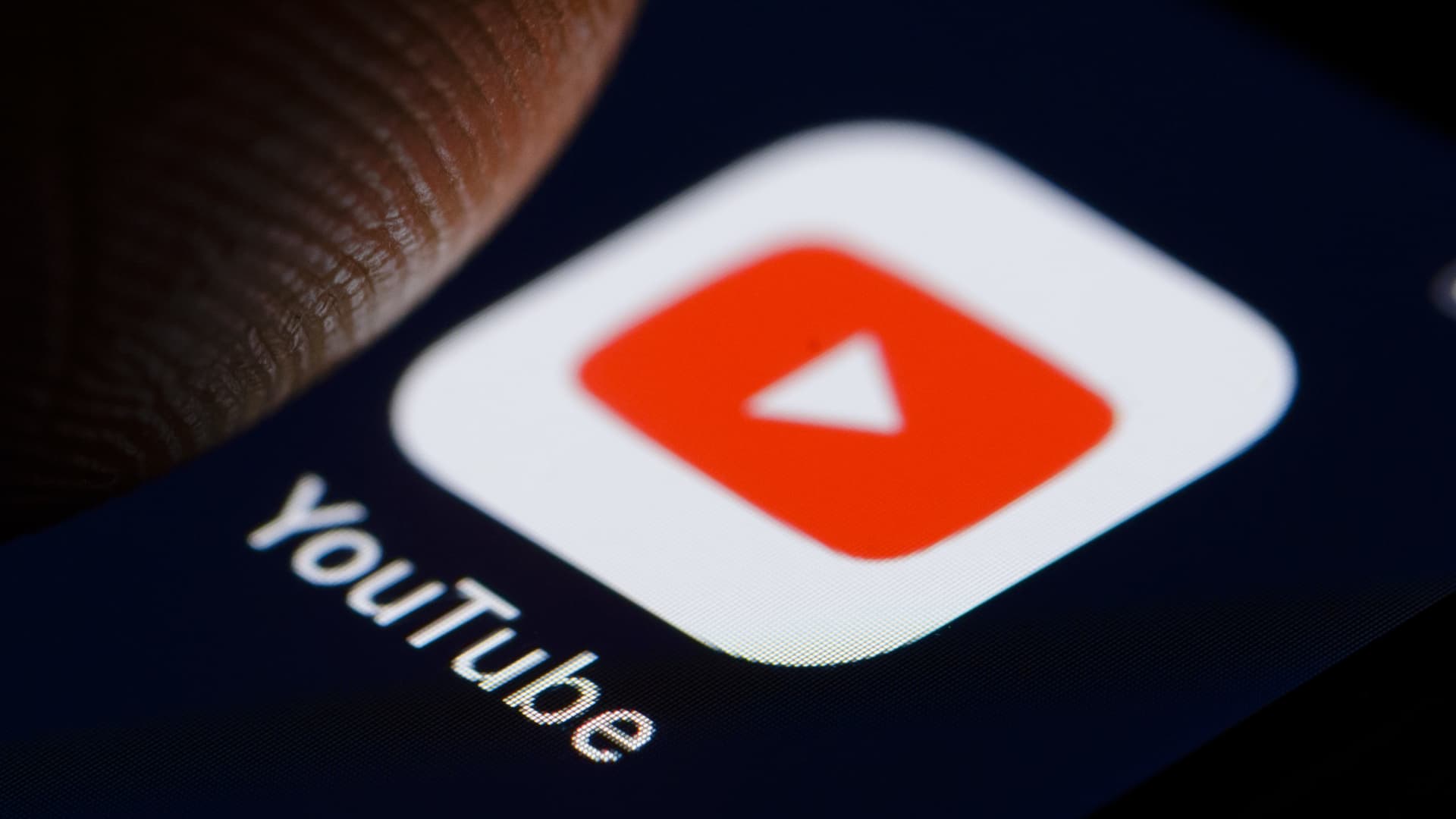YouTube says it will crack down on abortion misinformation and remove videos with false claims

YouTube said on Thursday that it’s cracking down on videos containing abortion misinformation and will take down videos deemed unsafe.
“Starting today and ramping up over the next few weeks, we will remove content that provides instructions for unsafe abortion methods or promotes false claims about abortion safety under our medical misinformation policies,” the company said in a tweet.
YouTube parent Google has come under fire in recent months after a group of lawmakers began urging the company to clamp down on search results that allegedly steer people looking for abortion services to crisis pregnancy centers opposing abortion. Google announced earlier this month that it will work to quickly delete location history for people going to abortion sites and other medical sites following the Supreme Court’s overturning of Roe v. Wade.
“Like all of our policies on health/medical topics, we rely on published guidance from health authorities,” YouTube said on Thursday. “We prioritize connecting people to content from authoritative sources on health topics, and we continuously review our policies & products as real world events unfold.”
The company said it’s also launching an “information panel” to provide “viewers with context and information from local and global health authorities.” That will show up underneath abortion-related videos and above relevant search results.
YouTube gave an example of how it will be displayed, showing a definition of abortion, according to the National Library of Medicine.
“An abortion is a procedure to end a pregnancy,” the display said. “It uses medicine or surgery to remove the embryo or fetus and placenta from the uterus. The procedure is done by a licensed healthcare professional.”
The panel includes a link for people who want to “learn more” and instructions to “Consult your local medical authority for advice.”
YouTube has taken a similar approach for other controversial topics such as the Covid-19 pandemic and political elections. But it’s been uncommon for the company to state that it will remove videos altogether.
Enforcement remains a big question. YouTube’s existing policy says certain types of misleading or deceptive content that could cause real-world harm are not allowed on the platform. Examples include promoting harmful remedies or treatments, certain types of technically manipulated content or content interfering with democratic processes.
WATCH: Watch CNBC’s full interview with Alphabet CEO Sundar Pichai